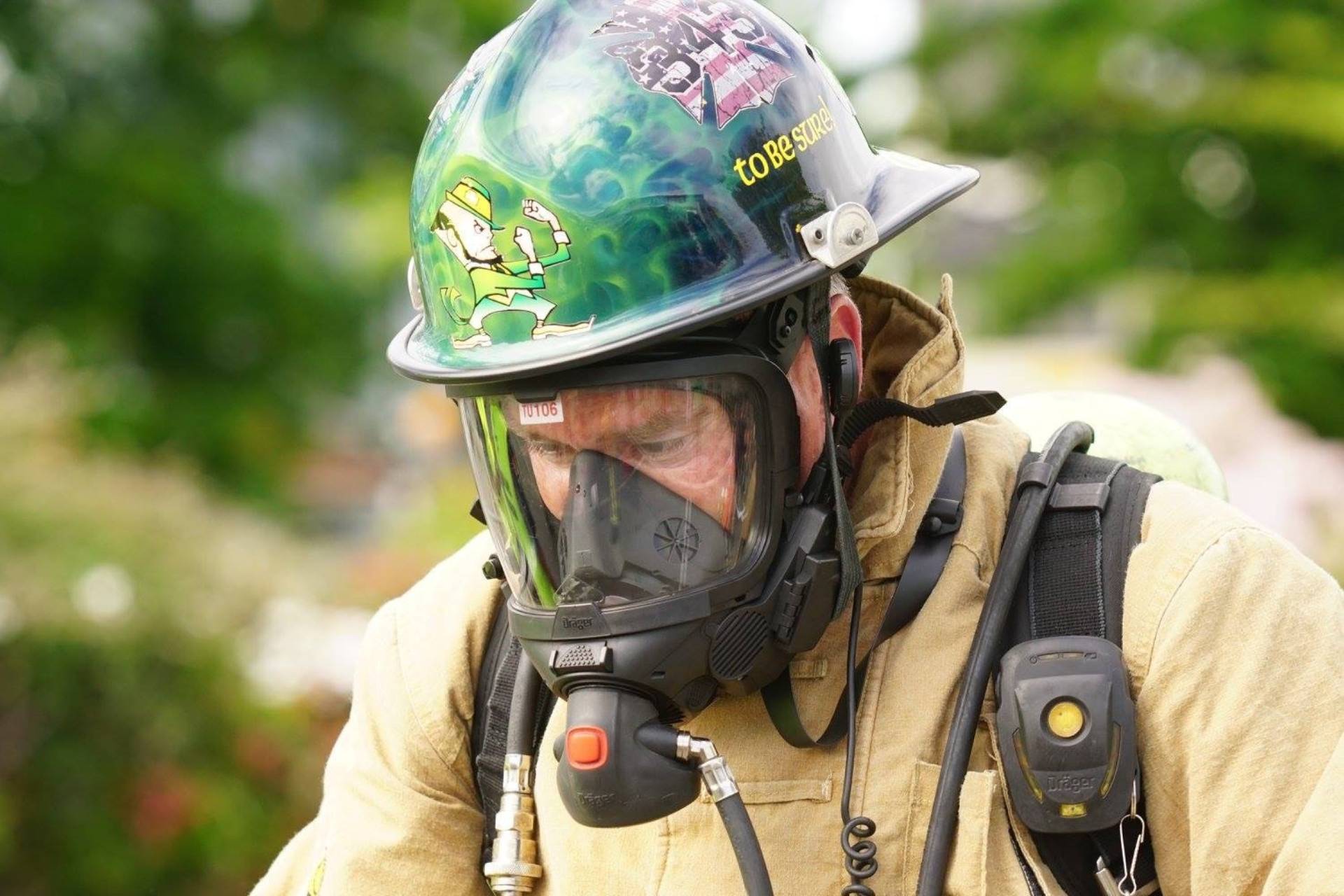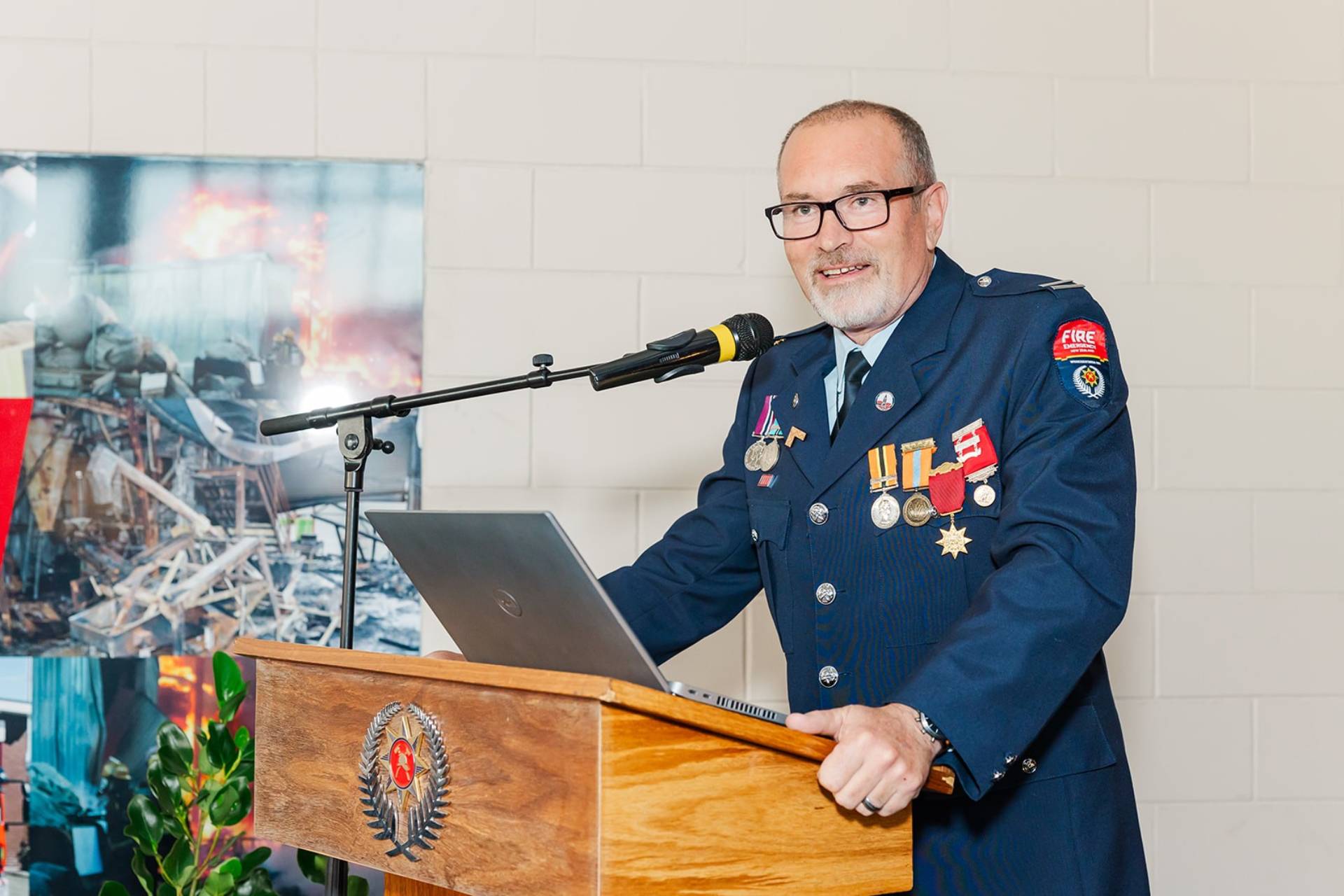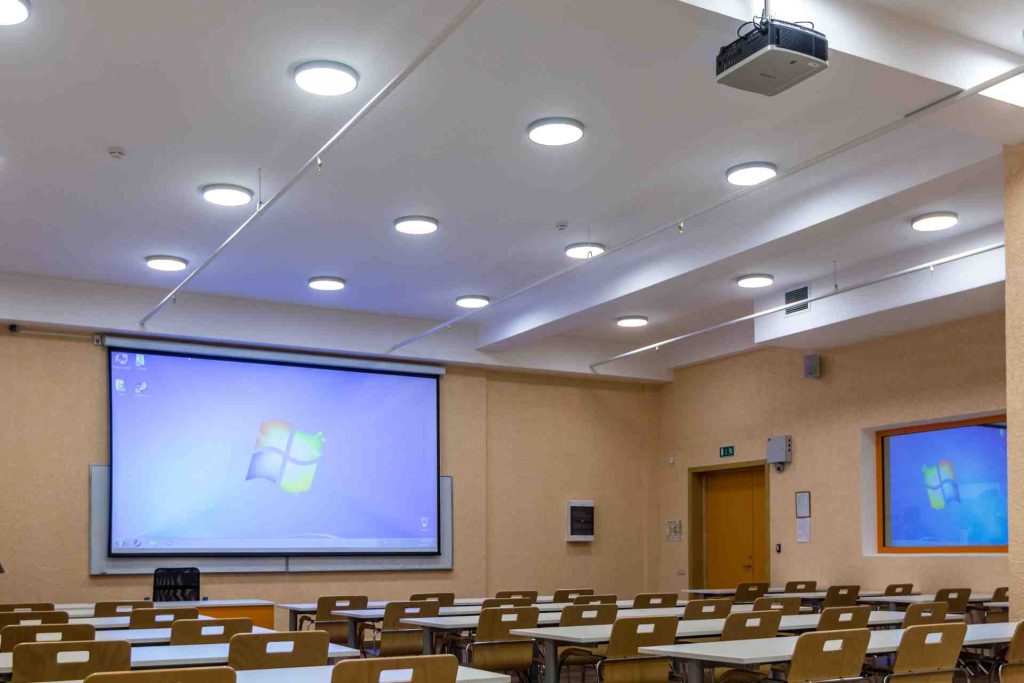A man of many hats, Mark Ellis is the Principal of Rakaia School, Head of Union for the Primary Principals Collective Bargaining Union (PPCB) and is a senior volunteer fireman for the Ashburton Brigade. His true north is service and giving back to his community, he tells Principals Today.
Service above all
What is life like at Rakaia School?
I love my school. I have been here 20 years. I am so proud of our te ao Māori journey, the legacies and traditions we have developed, and the people. I love being at school; my children greet me every day with smiles and stories. I feel valued by my students, community, staff and Board. I am immensely proud of our Structured Literacy journey, the inclusive nature of our staff and school. My staff are driven, intelligent and caring educators who work incredibly hard to live our values of whanaungatanga, mauritanga and manaakitanga. We strive to ‘inspire minds and celebrate success’.
What are the key focuses for the PPCB in 2025?
I am humbled to represent PPCB as Head of Union. Our values of transparency, courage, integrity and authenticity drive us in our work. Our work is by principals, for principals: mā te tumuaki, mō te tumuaki. In 2025, we are negotiating our contract again, and it is a tight time to be talking salary and conditions, but principals are worth it. We have three pou to focus on for negotiations and have the backing of over 400 principals now. We also have our first PPCB Conference in Christchurch on July 25th and 26th.
What are some perhaps unexpected changes you’ve experienced within New Zealand education?
I am not sure it was unexpected, but the neurodiversity of our learners requires a different approach and understanding. Our training centres need to be teaching inclusivity and a strong curriculum knowledge, as well as a deep understanding of the brain and how learners develop. I wrote an article for our local newspaper in 2023, and I felt the education system was broken. A ministerial working group was set up to review the work in our schools, but it went nowhere and stopped consulting the sector. The MOE and Minister need to look deeply at developing a long-term plan for education in
New Zealand and to work with sector leaders and experts to deliver the best education for our learners. A 30-year plan is required.

What has firefighting taught you?
The lessons learnt in firefighting and caring for people is that living the moment is important. Life is precious, and I have seen things and done things that regular people do not see and might not even understand. Empathy, a smile, and reassurance can help people in their time of need. The past is done, the future is yet to arrive, and the present is the gift we have. I think we need to smell the roses on our journey.
Firefighting is a privilege, and service is something I value immensely. Culture in a workplace is vital to the outcomes, and the culture of schools and the fire service can be very different but values are what ties them together. Kindness is what we need in the world and as a school principal and firefighter I try to be people-centred in all I do.
How do you balance your roles?
I have an incredible understanding and supportive wife and family. My staff are long-serving and supportive; they understand me, and I have been vulnerable with them; they can trust me. The demands are managed with good communication and the use of calendars. I do my best to prioritise work in each domain, but I also get overwhelmed from time to time. I reach out for help and talk to my trusted people. I never have conflicts with the education priorities; I just get a little tired if there are too many fires to put out.
If you could wave a magic wand and solve one challenge schools face, what would it be?
A system for identifying the right number of hours to support our learners. I had a rudimentary system in my head that assessed children’s needs regarding any diagnosis. The added scores would equate to hours of support. Learning support in New Zealand is the biggest challenge we have. The budget has identified this and addressed some really important issues, but we do not have the formula right yet. We need to value education psychologists and pay them correctly so they stop going into private practice. Mental health for our tamariki is also vital. Sometimes I feel a little ashamed to be a Kiwi with the tall poppy bullying we have here. I would have counsellors and support staff in every school to help our children manage their emotions, and the regulations required to navigate the world we present them. More kindness and understanding of differences, so we celebrate each other and our achievements. It all sounds a little idealistic, but I am hopeful.
What advice do you have for new principals?
Enjoy it. It is a great job and so rewarding. Plan carefully and set daily, weekly and termly goals. Get close to colleagues you trust and don’t do everything the Ministry of Education tells you to do. If you miss something, don’t beat yourself up. If it’s really important, then someone will tell you. Don’t be in a rush to get into a bigger school for more money. Ground yourself in what is important, and that’s about establishing relationships and communicating clearly with your stakeholders. Stay in your schools for five to eight years to make a difference.
How do you keep your leadership practice fresh and inspired after so many years in the role?
I suppose I reinvent myself with new challenges. I used to be a magpie and look out for shiny things. I now pace myself and know I do not have to be first to do things. Seven years ago, I had a hiccup with my mental health and sought help. The most important thing that got me through was family and colleagues who got around me. We have the potential to influence so many people with our
interactions every day. Being present is the biggest goal I have. Listen and ensure you have heard what the person has said to you. One day I will leave education, and I think the biggest achievement will be knowing I gave my best to my schools. All I will need is a few of those students to give me a wave when they see me. If they can give me a little time and talk for a while, then I’ll know I have done my job.
What does being an educator mean to you?
Education is a gift we can all access with the right teachers in front of us. My job as a principal is to influence and grow my teachers to be the best they can be, so my children get the best opportunities at Rakaia School. At 57 years old, 29 years as a principal and 20 years at Rakaia, I am very happy.
Love to my family for letting me be a Principal, huge thanks to my teachers who did a brilliant job when I was a pupil at Rangiora Borough School and St Bede’s College, Christchurch, and thanks to Mum and Dad for taking a real interest in my schooling.
I love my job, I love my community, and children bring me joy with their laughter and honesty. I am a big kid at heart, and I hope to hold onto that joy for many years to come. My true north is service; my principalship, my role as Head of Union, and my volunteer fire service help me give back to my community. I am lucky!





